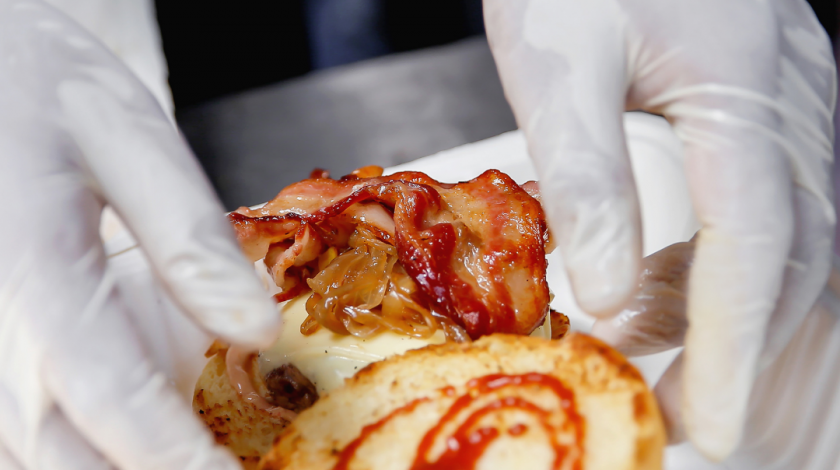Leftovers are sometimes perceived as a cooking sin. They’re seen as an extravagance when preparing a meal for the family, and the idea of eating leftover food is seen as being lazy or wasteful. While many families may frown upon leftovers, they come with some nutritional benefits. Leftover food can be an important part of a healthy diet. Today’s food technology has made it possible to enjoy a meal without eating the same food again.
Facts on Leftovers
- You Can Freeze Leftovers More Than Once
Food safety is essential to any healthy diet. Food poisoning can cause nausea, vomiting, diarrhea, and abdominal pain. Some foods are more likely to make you sick than others, especially when left at room temperature. Certain foods are stored and prepared unsafely, and this can lead to a dangerous situation. When food has been frozen, bacteria are killed, so frozen leftovers are safe to eat. Freezing food can preserve it, and it can last up to six months. Leftovers should be eaten within two days of being cooked or stored in the refrigerator. It is for this reason that regular maintenance of the freezer is required by a refrigerator repair professional.
- Refrigerate Leftovers Within 2 Hours
Leftovers are delicious, but you may want to think twice about eating them, especially if you’re trying to lose weight. That’s because leftovers contain nutrients that have been partially or fully depleted from cooking, and the longer you leave food at room temperature, the more likely it is to go bad. If you plan on eating your leftover food within 2 hours, the chances of foodborne illness are slim. But, if leftovers are not eaten within 2 hours, you should refrigerate them within 1 hour or throw them away.
- Wrap Your Leftovers in Plastic or Put Them In A Tightly Sealed Container
Leftovers are one of the best parts of the holidays-and one of the tastiest ways to eat less and get more from the food you eat, too. Leftover turkey, mashed potatoes, stuffing, and gravy are one of our favorite recipes of the year. The problem is, if you don’t wrap your leftovers in plastic or put them in a tightly sealed container, they can spoil. If they are left outside, they could also attract rats and other pets, that are known to spread diseases like salmonella. If this is already a common occurrence at your house, then you might want to call in some Pest Control Experts (https://www.pestcontrolexperts.com/local/tennessee/, for example) to inspect your home for rodents or hives. Once you’re in the clear, you should start taking better precautions with your leftovers. To protect your leftovers and keep them tasty, follow these easy steps.
Myths on Leftovers
- It’s OK to Eat Cold Leftovers
But before you stuff yourself full, you should know that eating cold leftovers can be dangerous. The danger comes from the bacteria that thrive in warm temperatures. Leftover cold food that has been sitting out for too long can have dangerous bacteria like salmonella and E. coli, so it must be handled properly to avoid getting sick.
- Leftovers Are Safe Until They Smell
But according to the FDA, food definitely maintains its safety when it’s stored properly-and waiting until leftovers smell before eating them is hazardous. It’s easy to believe food safety myths, especially when it seems like people aren’t getting sick from food anymore.
- It’s OK to Reheat Leftovers in a Slow Cooker
Many people think that reheating leftovers is risky when it comes to food safety. However, reheating is safe as long as you make sure what you’re reheating is fresh and clean and that it was properly refrigerated. Leftovers can be kept safely for up to 3 days in the refrigerator. However, this will depend on the original temperature of leftovers, so be sure to check to be sure. Leftovers that have been refrigerated can be reheated in the microwave. Leaving leftovers out overnight, even in the refrigerator, can cause foodborne illness.
When preparing food for a potluck party, it’s imperative that food be properly stored to prevent foodborne illnesses from developing, which can be caused when foods go bad or are exposed to harmful microorganisms. However, many people don’t understand the proper food safety practices for storing leftovers.


